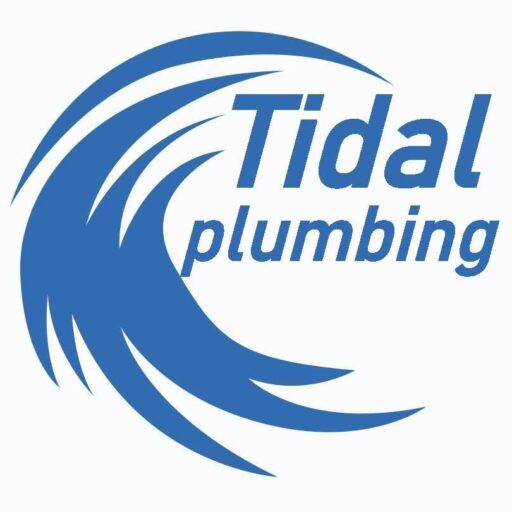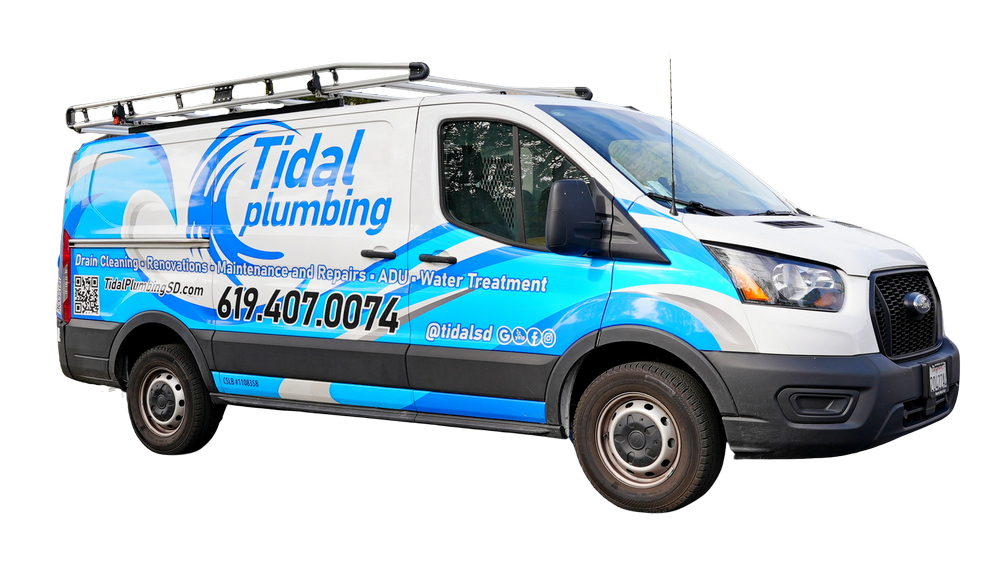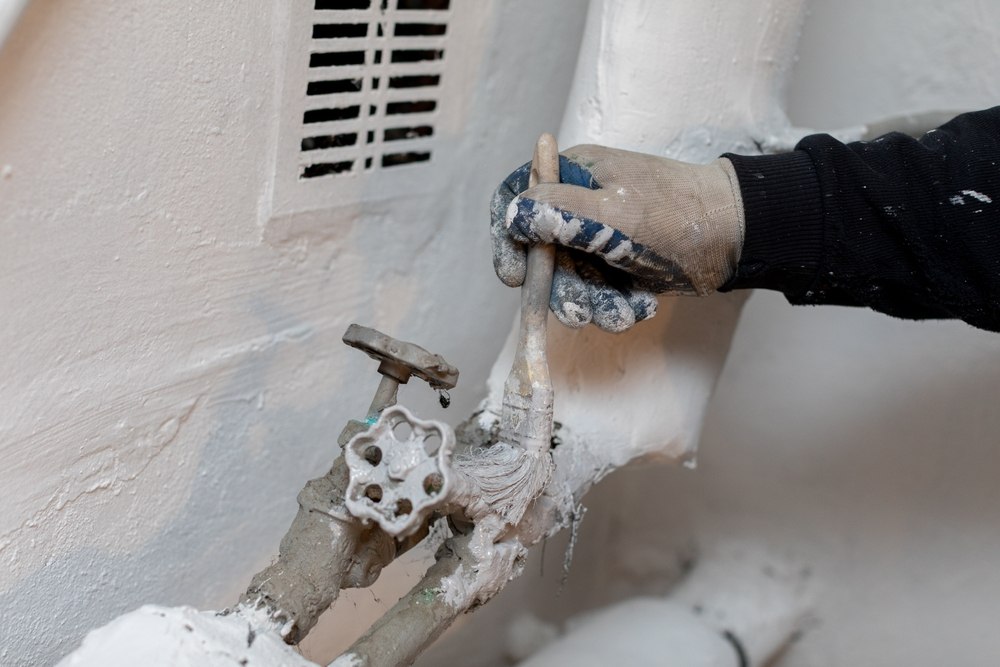
As the temperatures begin to drop, it’s crucial to consider how winter can affect your home’s plumbing. Freezing pipes are a common problem during colder months, and when they burst, they can cause significant damage to your home. Fortunately, there are simple insulation tips you can apply to prevent these issues. By taking a few proactive steps, you can protect your plumbing system from the harsh effects of winter.
Why Pipes Freeze and Burst in Winter
Frozen pipes occur when the water inside them freezes, causing an increase in pressure that can lead to cracks or ruptures in the pipe. Pipes in areas with little insulation, such as basements, attics, and exterior walls, are particularly vulnerable. When the outside temperature drops below 32°F (0°C), the water inside the pipes can freeze quickly. Once the ice forms, the pressure builds up, and if it becomes too great, the pipes burst. This is not only a costly repair, but it also poses a risk of potential flooding and extensive property damage.
Effective Insulation Solutions for Vulnerable Pipes
Insulating your pipes is the most effective way to prevent them from freezing. Start by focusing on areas where your pipes are most susceptible to cold temperatures, such as basements, attics, and crawl spaces. You can purchase foam pipe insulation sleeves or fiberglass wraps at most hardware stores. These products are designed to keep the pipes warm and protect them from freezing. Ensure that all sections of exposed pipes, including elbows and joints, are covered, as they are more susceptible to freezing. If you have outdoor faucets or sprinkler systems, be sure to drain them and install faucet covers to provide extra protection.
Sealing Gaps to Keep the Cold Out
In addition to insulating your pipes, it’s essential to seal any gaps or cracks in your home that could allow cold air to infiltrate. Check for spaces around windows, doors, and vents, as well as any gaps around where pipes enter and exit the house. Use caulk or weatherstripping to seal these openings. For larger cracks, consider using expanding foam insulation to seal them. By limiting the amount of cold air entering your home, you can help maintain the warmth inside and prevent your pipes from freezing. Don’t forget to insulate exterior walls, especially those that house plumbing, as these are more exposed to freezing temperatures.
Keep Your Home Warm and Maintain Water Flow
While insulation is key, there are other preventive steps you can take to ensure your pipes stay safe throughout the winter. One simple measure is to keep the heat on, even if you’re not at home. Set your thermostat to a consistent temperature, no lower than 55°F (13°C), to prevent the indoor temperature from dropping too low. You can also keep cabinet doors open in kitchens and bathrooms to allow warm air to circulate the pipes. If the weather is freezing, let faucets drip slightly to keep water flowing through the pipes, reducing the chances of freezing.
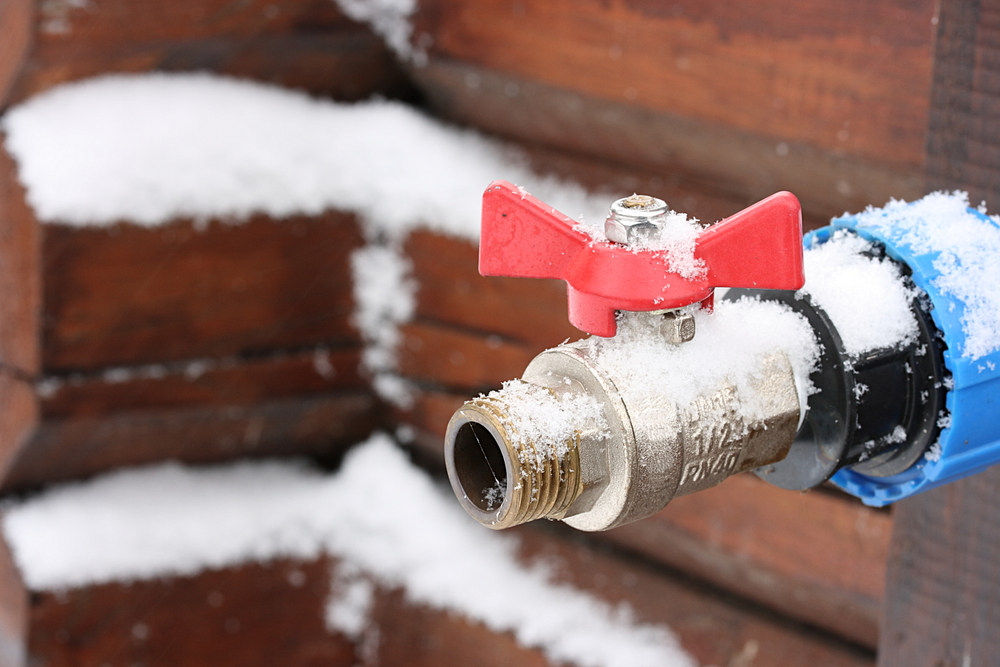
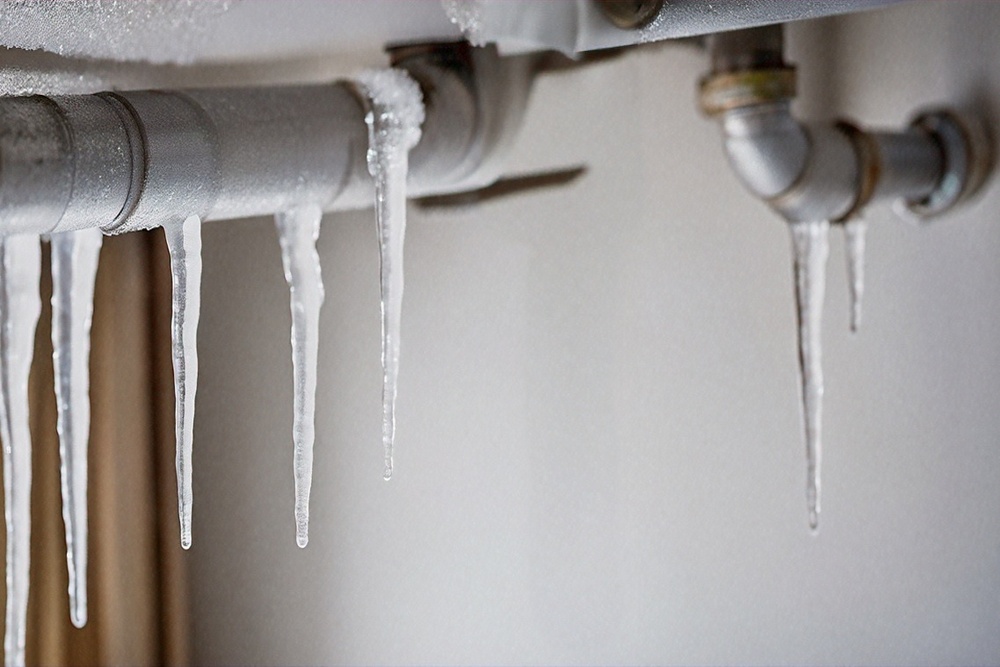
When to Seek Professional Help
While these insulation tips can significantly reduce the risk of frozen pipes, there are instances when professional help is necessary. If you suspect that a pipe may already be frozen or if you experience reduced water pressure, it’s essential to seek assistance before the issue becomes more severe. Tidal Plumbing can assist with plumbing inspections, pipe insulation, and safely thawing frozen pipes. Don’t wait for a burst pipe to cause damage—act now to protect your home.
Ready to Protect Your Home from Winter Damage?
Preventing winter pipe bursts doesn’t have to be complicated. By following these simple insulation tips, you can reduce the risk of frozen pipes and avoid costly repairs. If you need assistance with insulation, pipe inspections, or repairs, call Tidal Plumbing today at (619) 902-4130. We are here to help you keep your home safe and your plumbing system functioning smoothly throughout the colder months.
